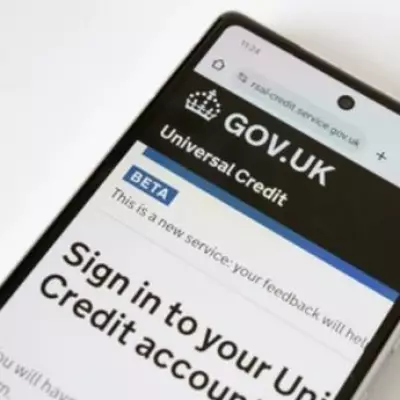
British households are staging a mass exodus from the TV licence system, with cancellation rates skyrocketing as the annual fee prepares to jump to £169.50. New figures reveal a stunning 25% surge in households cutting ties with the controversial broadcasting charge.
The Great British Switch-Off
Thousands of families are voting with their wallets ahead of the April price hike, opting instead for streaming giants like Netflix, Disney+ and Amazon Prime. The dramatic shift signals a fundamental change in how Britons consume entertainment, with traditional broadcast television rapidly losing its appeal.
Why the Mass Exodus?
Several key factors are driving this television revolution:
- Cost of living pressures making the licence fee increasingly unaffordable
- Streaming alternatives offering better value and more choice
- Changing viewing habits among younger generations
- Growing dissatisfaction with BBC programming
What Does This Mean for the BBC?
The broadcasting giant faces an uncertain future as its primary funding model comes under unprecedented pressure. With each cancellation representing a direct hit to the corporation's budget, questions are mounting about how the BBC will adapt to this new media landscape.
"We're witnessing a fundamental shift in audience behaviour," says media analyst Sarah Jenkins. "The convenience and affordability of streaming services, combined with economic pressures, are creating a perfect storm for traditional broadcast models."
Legal Requirements Explained
Households should note that you still need a TV licence if you:
- Watch live television on any channel
- Use BBC iPlayer to access any content
- Record live programmes to watch later
However, if you exclusively use streaming services and avoid live broadcasts, you may legally cancel your licence and save nearly £170 annually.
The Future of Television Viewing
This mass cancellation trend represents more than just financial decisions – it's a cultural shift. As streaming becomes the norm and traditional television viewing declines, the very concept of scheduled programming faces obsolescence.
With the April deadline fast approaching, experts predict the cancellation rate will accelerate further, potentially forcing a radical rethink of how public service broadcasting is funded in the digital age.





